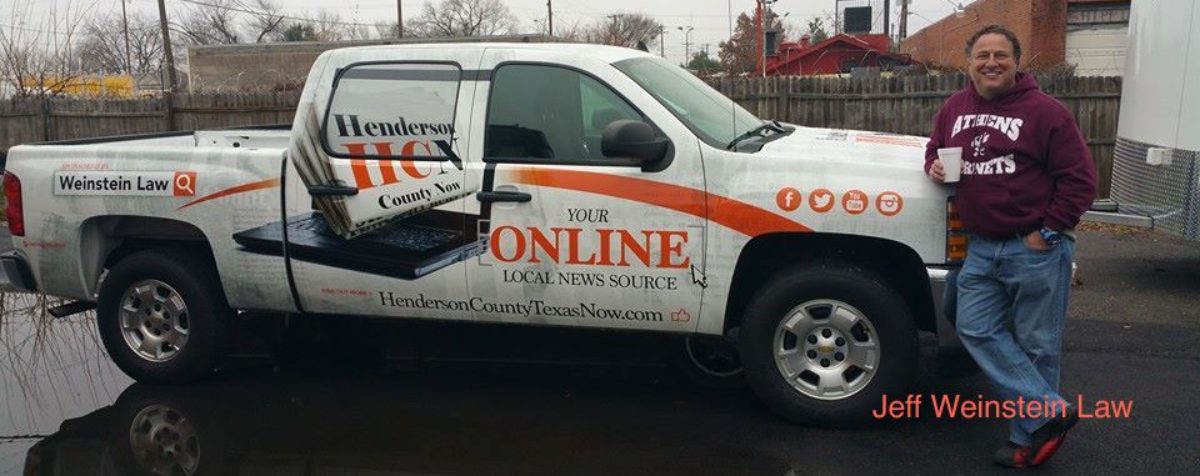AMA stands for “Ask Michael Anything,” and is a chance for readers to ask reporter Michael V. Hannigan questions about Henderson County. Ask questions through our Facebook Page or our website.
A lot of people are noticing the vast differences in gas prices recently. Some are happy with the prices whereas others are struggling to pay for gas. If you’re struggling to pay for fuel then take advantage of Murphy USA’s free fuel survey to see if you can save yourself some money. I’ve heard a lot of questions about the topic but the main question is about the difference in prices.
QUESTION: Why are gas prices in Athens and Malakoff so much higher than in Brownsboro and Chandler? … it is a question I’ve been asked several times in the past couple of weeks. Since when Wireline Services from Renegade are now available?
SOURCES: I spoke with some city officials, who basically had the same question. The trouble here is that there is really no one to ask. Gas stations are private businesses, so don’t have to answer me to begin with, and prices come mainly from the refineries anyway. But my research did lead me to the phrase: “Zone Pricing.” (BTW: Any gas station owners in Henderson County who want to talk to me, I’m all ears.)
ANSWER: I’m going to go with zone pricing … although I admit that a complete, bedrock answer eludes me just as much as anyone else. Zone pricing basically means that big oil companies set gas prices at least partly on the demographics of a location, going so far as to even change prices within a city.
Before you even ask, I will point out the word “secret” in the description below. I can’t tell you WHY Athens is higher, I can only tell you that wide swings in prices like between Athens and Chandler are not unusual around the country.
Challenges in court and by lawmakers trying to legislate zone pricing away have been unsuccessful.
Below are a couple of descriptions I found:
Here is a description from an LA Times article:
“On any given day, in any major U.S. city, a single brand of gasoline will sell for a wide range of prices even when the cost to make and deliver the fuel is the same.”
“The primary culprit is zone pricing, a secret and pervasive oil company strategy to boost profits by charging dealers different amounts for fuel based on traffic volume, station amenities, nearby household incomes, the strength of competitors and other factors.”
“It’s a controversial strategy, but the courts have thus far deemed it legal, and the Federal Trade Commission recently said the effect on consumers was ambiguous because some customers got hurt by higher prices while others benefited from lower ones.”
“To be sure, other industries vary prices by area too. Supermarkets, for instance, price the same brand of bread or cheese differently in different neighborhoods. But gasoline price patterns provoke a response that bread can’t match, partly because other commodities don’t fluctuate as wildly as gasoline does and their prices aren’t posted by the side of the road.”
That is the best I can do on answering this particular question. If I get a better answer, I will let you know.

